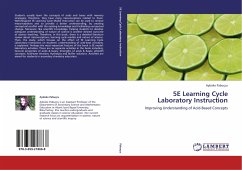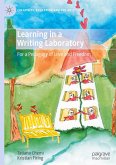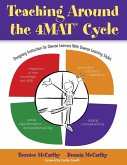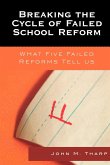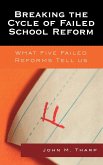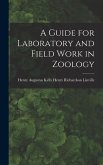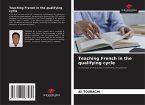Students usually learn the concepts of acids and bases with memory strategies; therefore, they have many misconceptions related to them. Well-designed 5E Learning Cycle Model Instruction can be used to remove misconceptions and to provide a better understanding; by creating conceptual conflict with the existing knowledge and facilitating conceptual change. Moreover, like scientific knowledge, helping students to develop adequate understanding of nature of science is another desired outcome of science teaching. Therefore, in this book, there is a detailed literature review about misconceptions, learning cycle models and nature of science. Then, the study, which focuses on the effect of 5E Learning Cycle Laboratory Instruction on students understanding of acid-base concepts, is explained. Perhaps the most important feature of the book is 5E model-laboratory activities. There are six separate activities in the book including: General properties of acids & bases; Strengths of acids &bases; pH/pOH concepts; Acid-base titration; Hydrolysis and Buffer solutions. Activities are aimed for students in secondary chemistry education.
Bitte wählen Sie Ihr Anliegen aus.
Rechnungen
Retourenschein anfordern
Bestellstatus
Storno

